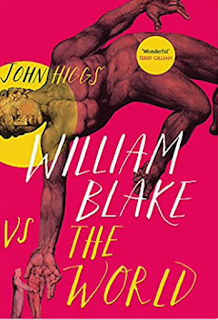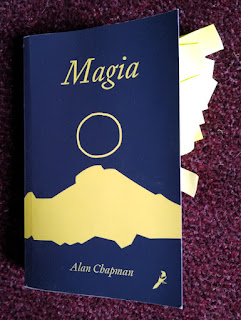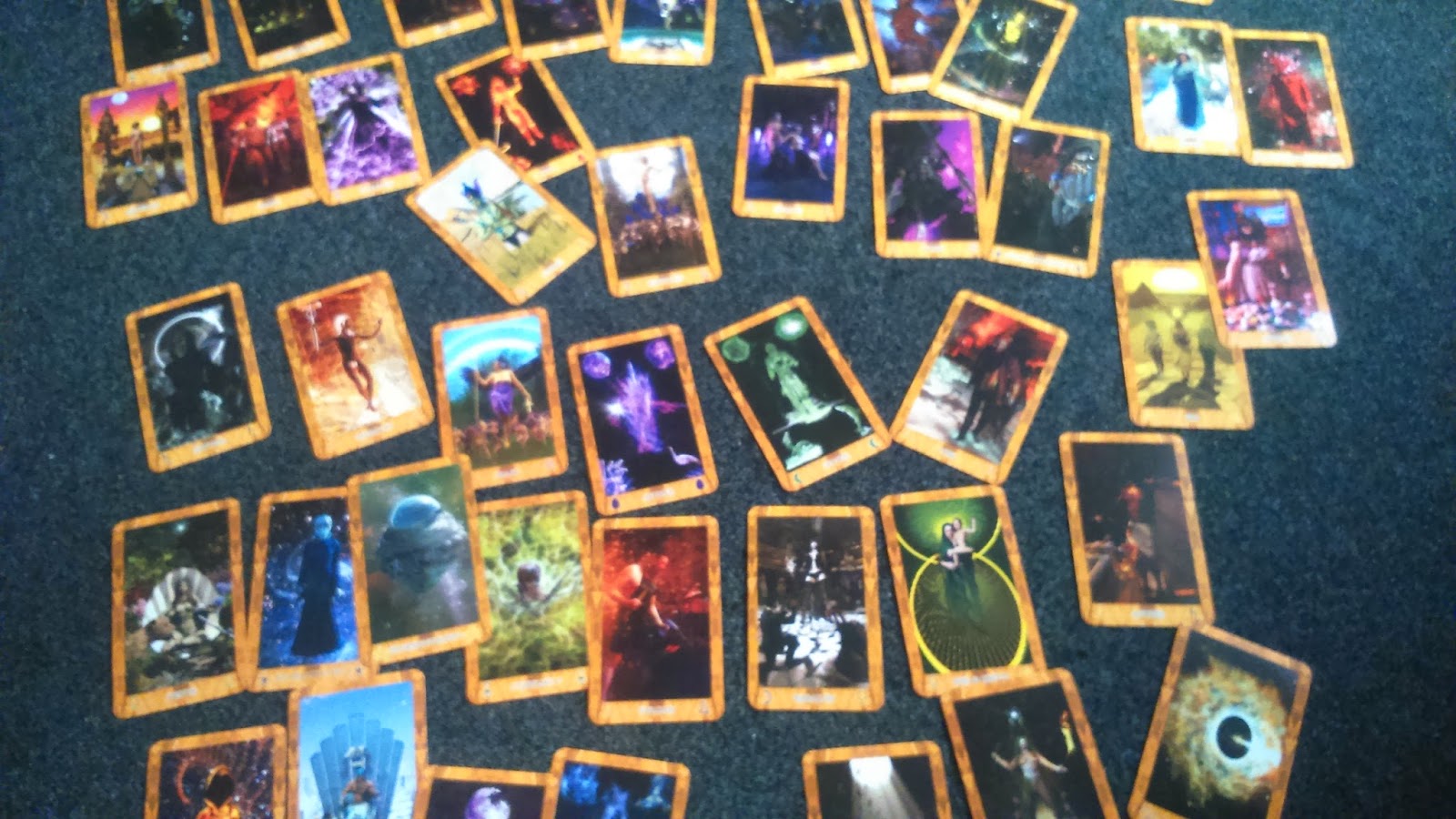William Blake vs The World by John Higgs
This is not the first thing that John Higgs has written about William Blake. He released a much slimmer volume in 2019 - William Blake Now: Why He Matters More Than Ever. That was a nice taster of where Higgs was going with his Blake work, but this new book is the long-awaited volume.
Readers of John Higgs’s books will recognize a few familiar themes: a place for diversity and oddness; his ‘pragmatic optimism’, based in agnostic thinking and a long view of human ups and downs; an unusually sympathetic treatment of magick, mysticism and vision; his love of England, its landscape, its history and its peoples. These themes all come together in this book.
Higgs brings out some profound and fascinating features in Blake’s thinking, and unpacks nicely his personal mythos. One of the most helpful things about this book is how it helps us to appreciate that none-too-easy symbol system. He is not the only writer to make up their own language - amongst philosophers, Whitehead and Heidegger were big on that. But Blake, as an artist and mystic, has attracted fewer commentators who have any time for higher consciousness, so this book is very unusual in giving Blake’s philosophy a voice, but not by forcing his ideas into some pre-made system.
First, imagination. We all know that Blake valued it, but that idea also takes some unpacking. By imagination he doesn’t mean mere fantasy, but the process by which we create the world and, in a special sense, create God, as He creates us.
This is an idea that crops up in the most sophisticated mystical discourses. For instance, Henri Corbin’s Alone With The Alone expounds the ideas of mediaeval mystic Ibn Arabi, who tells us how we make God as much as God makes us. This idea is also central to the thought of contemporary wisdom teacher Alan Chapman, when he talks about our relationship with deity as being ‘a generative hierarchy of equal participation’.
This is as deep as mystical theology gets, and our William Blake is right up there with the best.
Further, the imagination actually creates the world and keeps it running. The world otherwise is a closed loop, forever running down into increased entropy. ‘For Blake, human imagination was the loophole that kept this closed, limited world from collapsing in on itself.’ (P305). This is not a million miles from the tradition you find from shamanism onwards, that it is human agency, human consciousness of the right sort, that makes the sun come up every morning, that keeps the world turning.
Another deep theme is the necessity of polarity. Heaven and Hell, Devil and God - both poles are necessary for human life to continue. We don’t want one of those principles to win and eliminate the other, nor do we want them to blend and grey-out into nothingness. This is reminiscent of Northern Mysteries writer Edred Thorsson’s ‘polarian method’, in which we emulate the god Odin and taste the extreme poles of lived experience without trying to blend them together. Life is a dynamic equilibrium, not a static, dead one. With all the conflict that implies also being unavoidable:
‘Without Contraries is no progression. Attraction and Repulsion, Reason and Energy, Love and Hate, are necessary to Human existence.
‘From these contraries spring what the religious call Good & Evil. Good is the passive that obeys Reason. Evil is the active springing from Energy.’
This is perfectly clear in Blake’s poetry. The state of mind in which ‘Energy is Eternal Delight’ is true is not the same as that in which it is true that ‘He who respects the Infants faith / Triumphs over Hell & Death.’ But they are both essential parts of the world.
Higgs gives us some new perspectives on well-worn phrases. We learn that ‘The dark Satanic Mills … are sometimes said to refer to Oxford and Cambridge, the great universities of the age that were churning out constrained, uninspired minds blind to the divine nature of human imagination.’ (P207)
Higgs proves that Blake is tremendously relevant today. Just the other day on Twitter, I saw a drawing of his used to lampoon the current fashion among billionaires for space tourism:
In conclusion, this is a delight to read, and with plenty of depth. It’s made me dip back into it now as I work through the David Bindman edition of Blake’s Complete Illuminated Books.
William Blake vs The World contributes to what seems to be Mr Higgs’s emergent project - to give the English some good things to be proud of, an Englishness not in thrall to some shabby chauvinistic nationalism based on disappointment and outrage. Blake’s is a unifying voice, and we sorely need such voices in this social-media-driven culture of black-and-white judgments on other people. Blake is a good start when we seek to celebrate the many different strands of what makes up this great magickal mongrel patchwork of a nation. His vision is so immense, and yet so English, that he just might help us improve on our limiting, small-minded thoughts.





Comments
Post a Comment